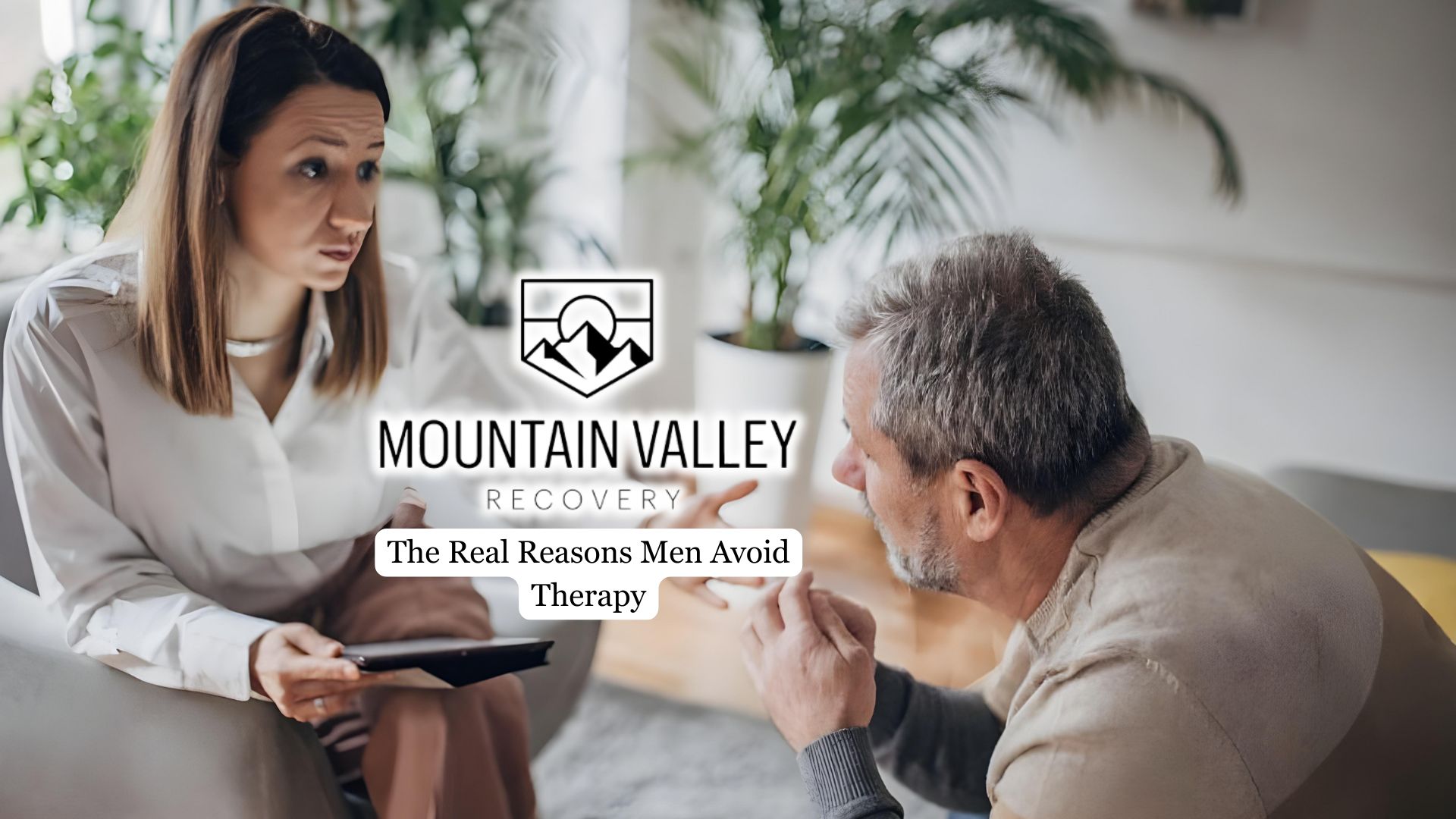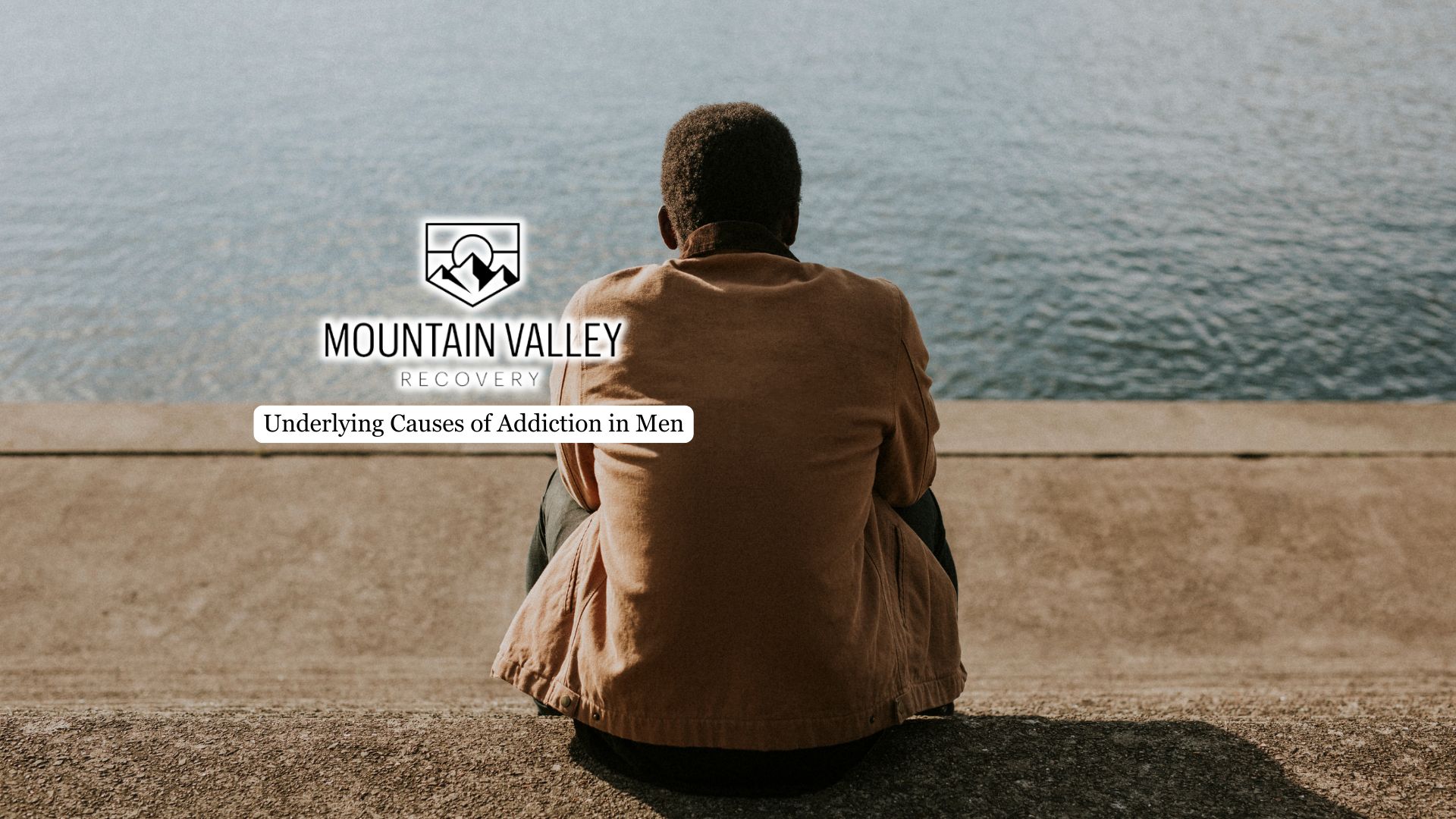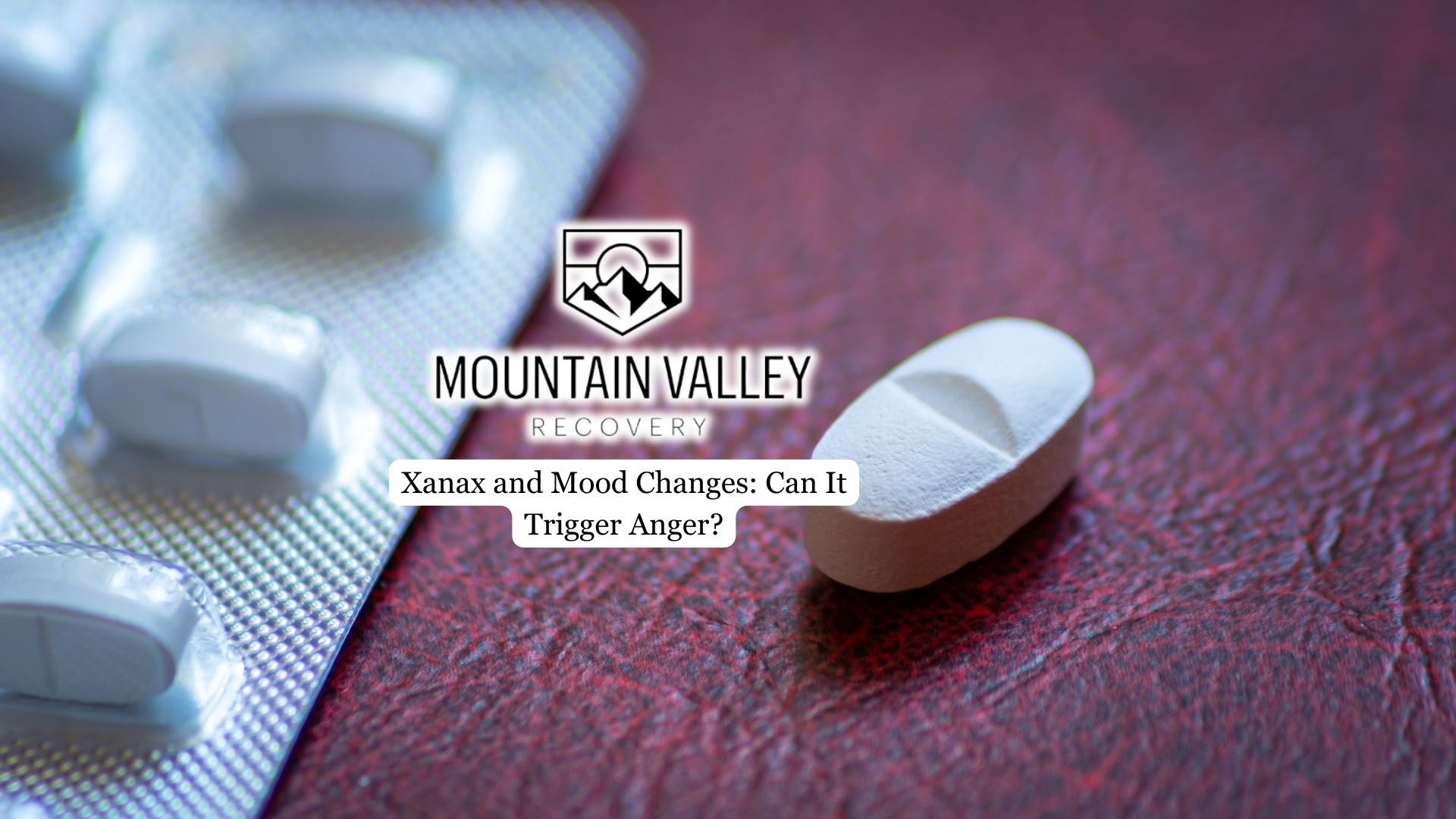Men are disproportionately affected by a range of mental health concerns, including depression, substance use disorders, and suicide. Yet, they remain significantly less likely than women to pursue therapy or other forms of psychological support. This gap is shaped by a complex interplay of cultural, social, and personal factors.
In this article, we’ll highlight the real reasons men often avoid therapy—offering insight into how these barriers develop and what can be done to help a loved one take the first step toward support.
Social Stigma and Fear of Judgment
One of the most well-documented reasons men resist therapy is the stigma attached to emotional vulnerability. Many fear being judged or perceived as weak if they speak openly about their struggles or seek professional help. Data shows that only about 17% of adult men received counseling in the past year, compared to 28.5% of women—a gap largely influenced by cultural expectations around masculinity.
This stigma can be even more intense when it comes to addiction. Substance use disorders are often misunderstood as moral failures rather than treatable health conditions, leaving many men feeling ashamed or undeserving of support. At our Utah-based men-only drug and alcohol rehab center, we work to break down these barriers by offering nonjudgmental, evidence-based care.
Masculine Identity and Male Behavioral Norms
From an early age, many men are socialized to value strength, independence, and emotional control. Phrases like “man up” or “don’t let them see you cry” reinforce the idea that expressing vulnerability is a sign of weakness. This cultural conditioning often leads men to suppress emotions and attempt to solve problems in isolation—habits that can make therapy feel foreign or even threatening. Research shows that men who strongly identify with these traditional masculine norms are significantly less likely to seek out physical or mental health support.
Psychologists refer to this pattern as normative male alexithymia—a reduced capacity to identify and express emotions that stems from long-standing gender expectations. For many, the default belief is, “I should be able to handle this on my own.” To support men in overcoming these deeply ingrained barriers, nontraditional therapeutic approaches can be especially effective.

Difficulty Expressing Emotions
Linked closely to identity and socialization, many men struggle to put feelings into words. Talk therapy depends on emotional awareness and verbal introspection—but normative male alexithymia interferes. Men’s inability to articulate internal experiences undermines traditional talk‑therapy formats. Some men find traditional therapy infantilizing, preferring action‑oriented or “shoulder‑to‑shoulder” styles over face‑to‑face emotional disclosure.
Belief That Therapy Is Inefficient or Unhelpful
Some men hesitate to pursue therapy because they question whether it will truly make a difference. Many prefer direct, solution-focused approaches, and when therapy is perceived as vague, overly emotional, or drawn out, it can feel misaligned with their values. For those who prioritize control, efficiency, and tangible results, this disconnect can become a major barrier to seeking help.
But therapy doesn’t have to feel abstract or passive—especially when you find the right rehab. You should be looking for a facility which tailors support to men and their specific needs, thus ensuring they’ll better help the male demographic learn how to manage emotions, break harmful patterns, and build sustainable recovery.
Practical Barriers: Time, Access, and Awareness
Even when the willingness to seek help is there, many men still face practical obstacles. Demands from work, family, or daily responsibilities often lead to the belief that there’s simply no time for therapy.
Others may not know where to begin or struggle to find a therapist who aligns with their values, communication style, or cultural background. For some, the process of searching for support can feel overwhelming, especially when navigating it alone.
Final Thoughts from Mountain Valley Recovery
While many men avoid therapy due to stigma, emotional discomfort, or deeply ingrained beliefs about masculinity, understanding these barriers is the first step toward real change. When therapy is aligned with a man’s values and delivered in a way that feels purposeful, it becomes a powerful tool for healing—not a sign of weakness, but a pathway to strength and resilience.
At Mountain Valley Recovery, we provide drug and alcohol addiction treatment in Utah tailored specifically for men. Our approach is respectful, goal-oriented, and rooted in evidence-based care. Whether someone is struggling with substance use, co-occurring mental health issues, or challenges related to identity, we create a safe and supportive space where men can reconnect, rebuild, and recover—on their own terms.





